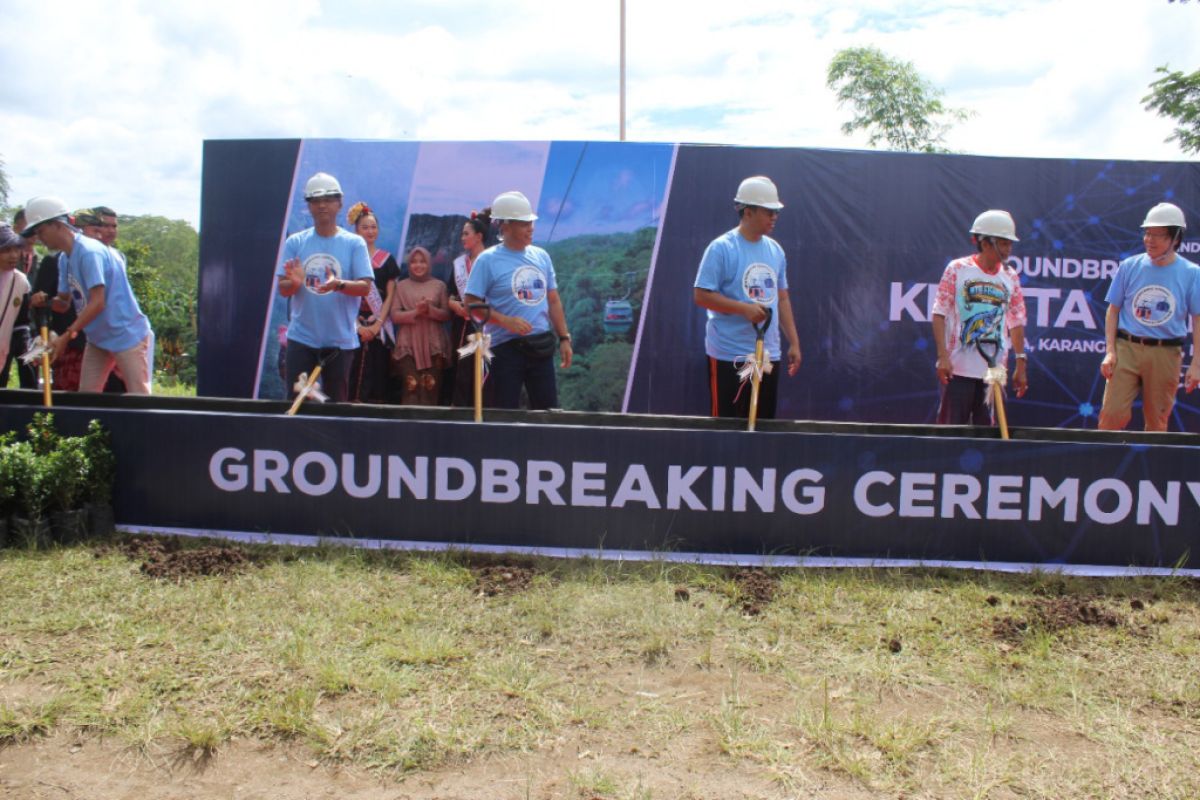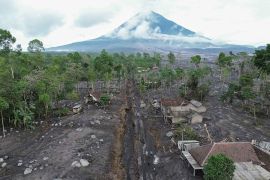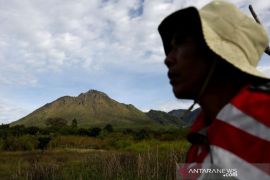
Cable car in Mount Rinjani to boost regional tourism: Governor

Central Lombok, W Nusa Tenggar (ANTARA) - A cable car system connecting Karang Sidemen Village, Central Lombok, to Mount Rinjani would increase tourists' visits to the region, according to West Nusa Tenggara Governor Zulkieflimansyah.
"The cable car development completes West Nusa Tenggara as a tourism site," the governor stated during the Rinjani Cable Car construction groundbreaking ceremony here, Sunday .
Zulkieflimansyah noted that the cable car system, expected to be completed by 2025, would provide a new way to showcase the natural beauty of Mount Rinjani and West Nusa Tenggara for tourists apart from hiking.
The cable car development is a long-term investment for the region, and the environmental aspect will be properly addressed to support tourism development and the residents' livelihood.
"We will provide opportunities for more people to observe our natural beauty. We will reduce as far as we can any environmental damages incurred by the project, and we will be more fortunate if (the project) incurs zero harm to the environment," Zulkieflimansyah said.
The governor also clarified that the project would not cause hiking porters to lose their jobs, as the cable car system did not intend to diminish hiking activities. He said that if affected, porters would be accommodated and trained to work in other sectors.
"The cable car system will not harm the porters' livelihood," he remarked.
Meanwhile, Central Lombok District Head H. Lalu Pathul Bahri said that the Rinjani Cable Car project would attract more tourists to visit the region, particularly with the presence of the Mandalika tourism Special Economic Zone that will host various international events.
"Our next consideration will be the supporting access. We will collaborate with the provincial authority to expand the road leading to the cable car, and we will develop other supporting infrastructures to ensure all aspects will be smooth," Bahri said.
The cable car has been a dream for all, he said, adding that it will enhance regional tourism and help increase the livelihood of residents working in the sector.
"Hence, we must prioritize the development of human resources because we must empower local human resources," the district head stated.
Pewarta : Akhyar Rosidi, Nabil Ihsan
Editor:
Riza Fahriza
COPYRIGHT © ANTARA 2026








